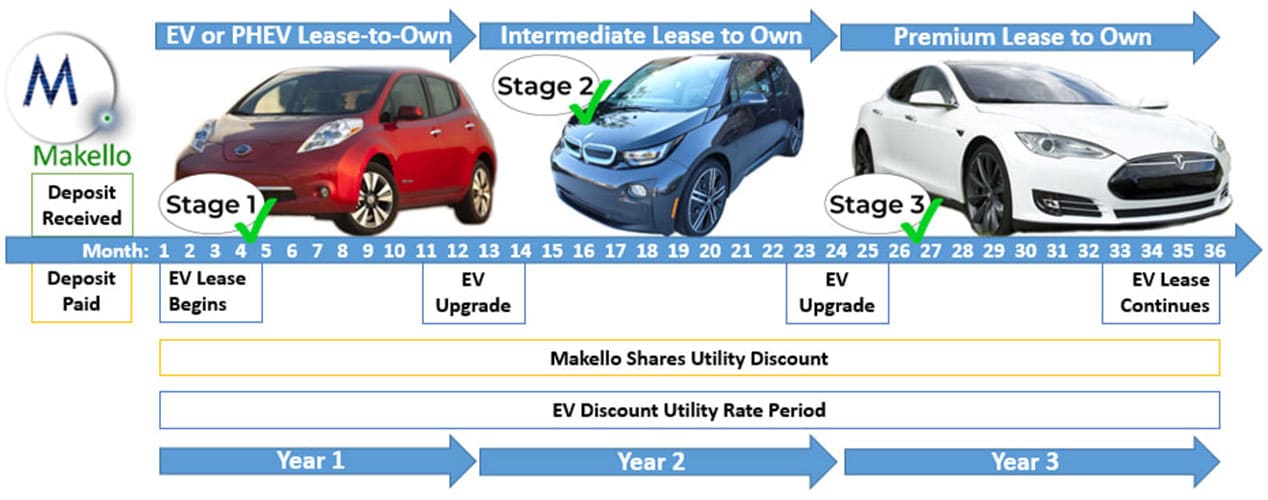Home Equity vs Car Loan: Which Financing Option is Right for You?
---When it comes to financing major purchases or consolidating debt, understanding the differences between home equity and car loan options is crucial. Both……
---
When it comes to financing major purchases or consolidating debt, understanding the differences between home equity and car loan options is crucial. Both methods have their pros and cons, and choosing the right one can significantly impact your financial health. In this article, we’ll explore the intricacies of home equity and car loans, helping you make an informed decision tailored to your circumstances.
### Understanding Home Equity
Home equity refers to the portion of your home that you truly own. It’s calculated by taking the current market value of your home and subtracting any outstanding mortgage balances. For instance, if your home is worth $300,000 and you owe $200,000 on your mortgage, your home equity is $100,000. This equity can be tapped into through various financial products like home equity loans or home equity lines of credit (HELOCs).
The primary advantage of using home equity is the generally lower interest rates compared to unsecured loans. Since your home serves as collateral, lenders are more willing to offer favorable terms. Additionally, the interest on home equity loans may be tax-deductible, depending on how the funds are used and current tax laws.
However, leveraging your home equity comes with risks. If you fail to repay the loan, you could lose your home. Moreover, using your home equity for non-essential purchases can lead to long-term financial strain, as it ties your home’s value to your debt.

### Exploring Car Loans
Car loans, on the other hand, are specific loans taken out to purchase a vehicle. These loans are typically secured by the vehicle itself, meaning if you fail to make payments, the lender can repossess the car. Car loans often have fixed interest rates and are generally shorter-term commitments, ranging from three to seven years.
One of the key benefits of car loans is their straightforward nature. You know exactly how much you need to pay each month, and the loan will be paid off in a relatively short time. Additionally, if you have good credit, you might secure a competitive interest rate.
However, car loans also have their drawbacks. Interest rates can be higher than those of home equity loans, especially if your credit score isn’t stellar. Furthermore, unlike home equity, car loans do not provide any tax benefits. Additionally, vehicles depreciate quickly, meaning you may owe more than the car is worth (a situation known as being "upside down" on your loan).
### Comparing Home Equity and Car Loans

When deciding between home equity and car loans, consider several factors:
1. **Purpose of the Loan**: If you’re looking to finance a vehicle, a car loan is more appropriate. However, if you want to fund home improvements or consolidate debt, home equity might be the better option.
2. **Interest Rates**: Home equity loans usually offer lower interest rates, but this comes with the risk of losing your home. Car loans may have higher rates but are less risky in terms of collateral.
3. **Tax Implications**: Interest on home equity loans may be tax-deductible, while car loan interest is generally not.
4. **Loan Terms**: Home equity loans often come with longer repayment terms, while car loans are typically shorter. Consider your financial situation and how long you’re willing to commit to repayments.

5. **Financial Stability**: Assess your current financial health. If you’re struggling with existing debt, taking on more through either option could exacerbate the situation.
### Conclusion
Choosing between home equity and car loans ultimately depends on your financial goals, risk tolerance, and current financial situation. Understanding the nuances of each option will empower you to make a choice that aligns with your long-term financial health. Always consider consulting with a financial advisor to gain personalized insights tailored to your specific circumstances. By doing your homework, you can confidently navigate the world of financing, ensuring you choose the best option for your needs.